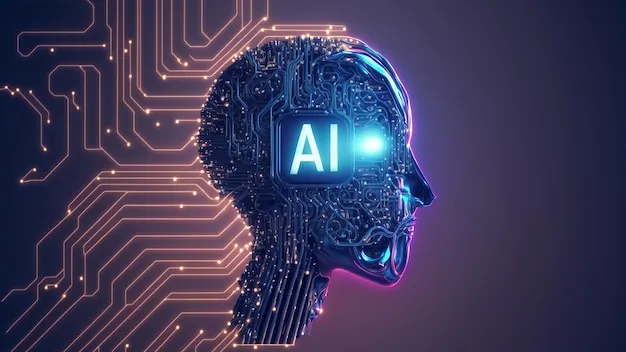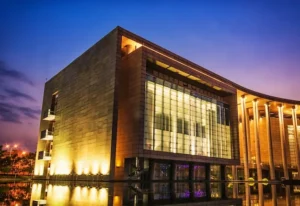AI Impact on Jobs | Shaping the Future of Employment

AI Impact on Jobs:
In the tech world, Artificial Intelligence (AI) is a game-changer, bringing both exciting advancements and concerns about job changes. As AI becomes part of different industries, it’s boosting efficiency but also raising questions about the future of work and how it affects people’s lives.
Jobs Changing Due to Automation | AI Impact on Jobs:
AI is changing how we work across various fields by automating tasks once done by people. From manufacturing and transportation to retail and customer service, machines with AI are taking over some jobs, making some roles unnecessary.
Manufacturing- Machines Taking Over Tasks:
In manufacturing, AI-powered robots are making production faster and more accurate. While this helps companies save money, it also means some people might lose their jobs as machines take over tasks that were done by workers.
Autonomous Vehicles and Job Changes in Transportation:
Self-driving vehicles using AI pose a threat to jobs in transportation. Companies like Tesla and Uber are working on making vehicles drive themselves, which could lead to job losses for truck drivers and delivery workers.
AI in Customer Service and Retail:
In customer service and retail, AI is changing how businesses interact with customers. Chatbots and virtual assistants make things more convenient but could also mean job losses for human customer service reps and store associates.
AI Helping in Healthcare and Finance:
AI is also assisting human workers in jobs like healthcare and finance. In healthcare, it helps doctors diagnose diseases, but it raises questions about the future of healthcare jobs. In finance, AI is changing how investments are decided, potentially replacing traditional financial advisors.
Broader Effects on Jobs:
AI doesn’t just affect specific industries; it’s changing jobs for everyone. As AI gets more advanced, the skills employers want are changing fast. This creates a gap between those who know about AI and those who don’t, causing inequality and making it harder for some workers.
Ethical Concerns About AI:
Using AI a lot raises ethical concerns. People worry that many jobs might disappear because of AI, affecting the economy and how people live. This calls for actions like more education and programs to help workers learn new skills and fair policies to make sure everyone has job opportunities.
Navigating Changes Caused by AI:
In summary, while AI brings cool changes and efficiency, it also shakes up jobs. Whether it’s automation or changing how people work, we need to think ahead and work together. By doing this, we can use AI’s power for good, making a future where work is fair and inclusive for everyone.
FAQs:
How is AI specifically causing job displacement?
AI is causing job displacement primarily through automation. Tasks that were previously performed by humans are now being automated using AI-powered systems and robots. This includes repetitive, routine tasks across various industries such as manufacturing, transportation, customer service, and data analysis. As AI technology advances, it becomes more capable of handling complex tasks, leading to the displacement of human workers in these areas.
What types of jobs are most at risk of being displaced by AI?
Jobs that involve repetitive, routine tasks are most at risk of being displaced by AI. These include roles in manufacturing, transportation, data entry, customer service, and certain aspects of white-collar professions such as administrative tasks in finance and healthcare. Additionally, jobs that rely heavily on manual labor or are easily automated through the use of algorithms and robotics are particularly vulnerable to displacement by AI.
Will AI only eliminate jobs, or will it create new job opportunities as well?
While AI has the potential to eliminate certain jobs through automation, it also creates new job opportunities in emerging fields related to AI development, implementation, and maintenance. These include roles such as AI engineers, data scientists, machine learning specialists, and AI ethicists. Additionally, as AI technology evolves, it may create new avenues for employment in areas such as human-AI collaboration, creative problem-solving, and personalized services that leverage AI capabilities.
How can individuals prepare for the impact of AI on the job market?
To prepare for the impact of AI on the job market, individuals can focus on developing skills that are complementary to AI and less susceptible to automation. This includes skills such as critical thinking, creativity, emotional intelligence, and complex problem-solving, which are difficult for AI systems to replicate. Additionally, individuals can pursue education and training in AI-related fields to enhance their employability and adaptability in a rapidly changing job market.


